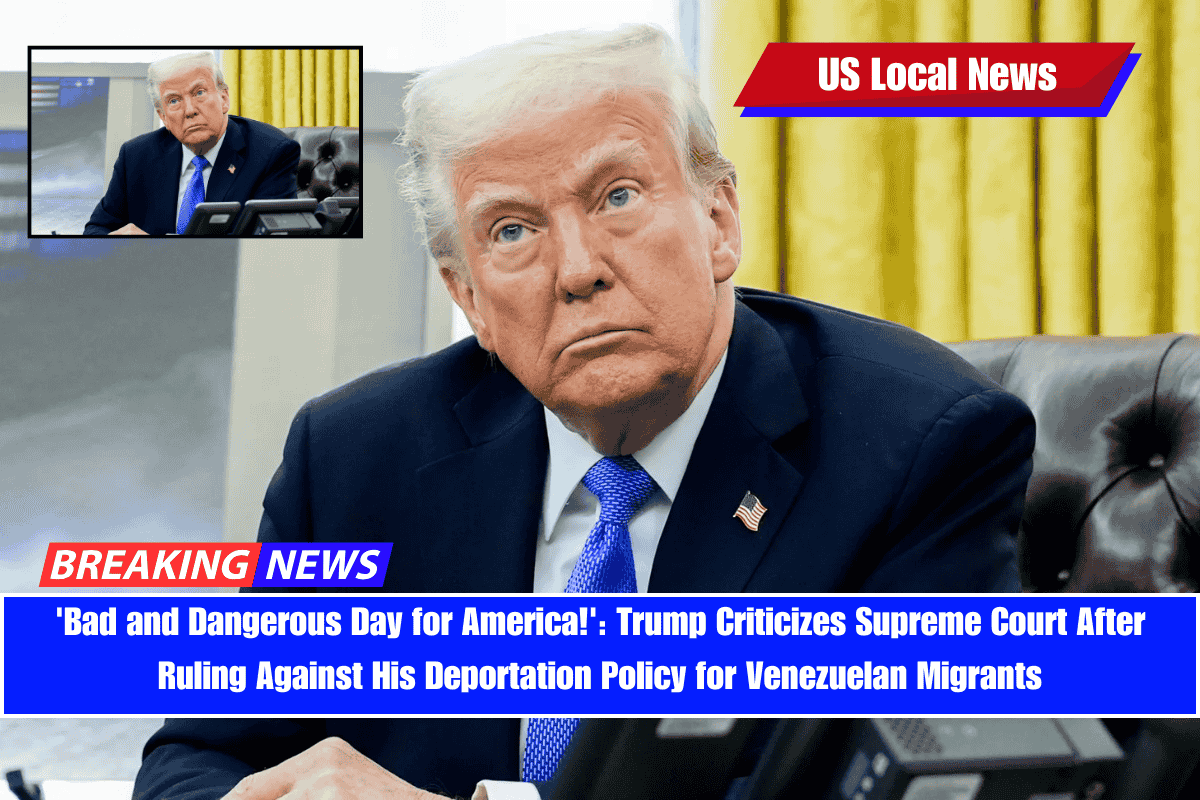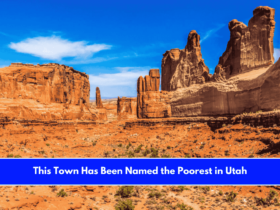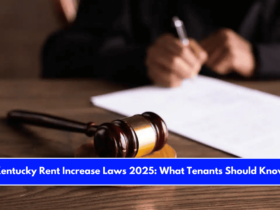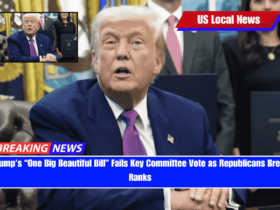President Donald Trump sharply criticized the U.S. Supreme Court over the weekend following a decision that blocked his administration’s plan to deport Venezuelan migrants using a nearly 225-year-old law. He called the ruling “a bad and dangerous day for America” and described it as an “illegal injunction” on his powers.
What Did the Supreme Court Decide?
On Friday, the Supreme Court ruled 7–2 to temporarily stop Trump’s use of the Alien Enemies Act of 1798 (AEA), which was last used during World War II to detain Japanese Americans. Trump’s administration wanted to use the law to deport people linked to the Tren de Aragua gang, a Venezuelan criminal group it labeled as a foreign terrorist organization earlier this year.
The court’s decision halts the deportations because the process does not give the accused proper legal rights or due process.
Trump’s Response
Trump reacted strongly on his social media platform, Truth Social, saying:
“The Supreme Court of the United States is not allowing me to do what I was elected to do.” He claimed the ruling would allow dangerous criminals to remain in the U.S. and harm American citizens.
He said the decision would encourage more criminals to enter the country illegally, causing “havoc and bedlam.”
Trump also shared a post from his lawyer, Mike Davis, who called the ruling an “illegal injunction” that prevents the president from using military force against foreign terrorists.
The Controversial “Chevy Chase” Comment
In his post, Davis suggested housing the terrorists near the Chevy Chase Country Club, a location where Supreme Court Justices John Roberts and Brett Kavanaugh reportedly live and were members. This comment was widely discussed as a possible jab at the justices.
What Does the Ruling Mean Legally?
The Supreme Court did not decide if Trump’s use of the Alien Enemies Act itself was constitutional. Instead, it extended a temporary injunction from April 19 that stops deportations under this law.
The case was sent back to a lower appeals court to quickly decide on the law’s constitutionality.
Dissenting Justices
Justices Clarence Thomas and Samuel Alito disagreed with the majority. Alito wrote a detailed dissent arguing the court lacked jurisdiction and that the injunction was unnecessary.
Trump thanked Thomas and Alito for trying to protect the country through their dissent.











Leave a Reply